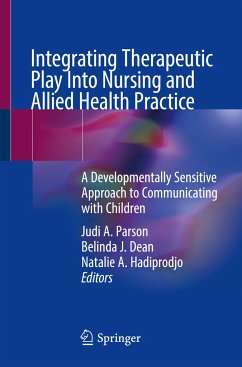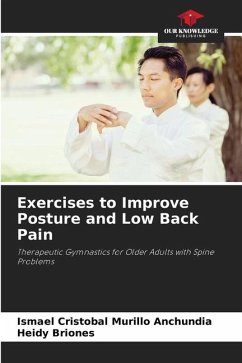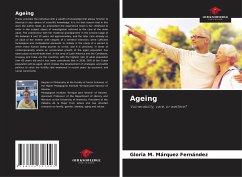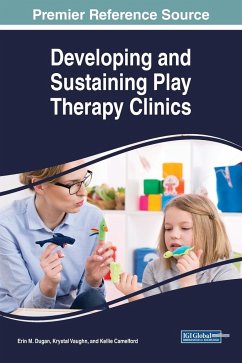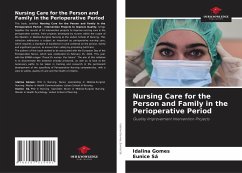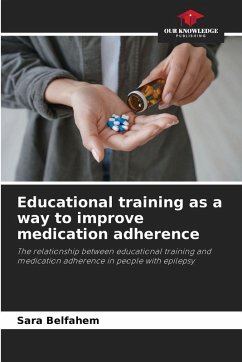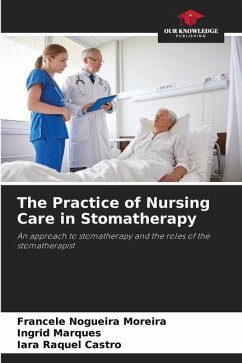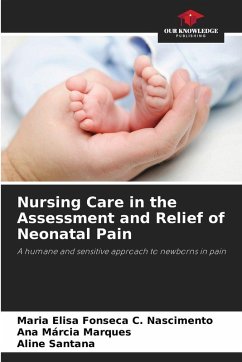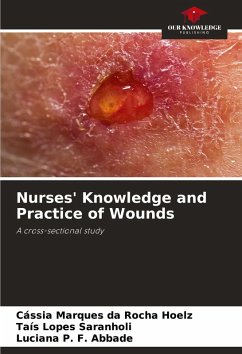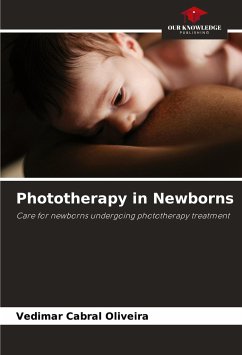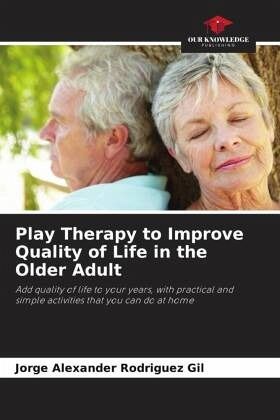
Play Therapy to Improve Quality of Life in the Older Adult
Add quality of life to your years, with practical and simple activities that you can do at home
Versandkostenfrei!
Versandfertig in 6-10 Tagen
36,99 €
inkl. MwSt.

PAYBACK Punkte
18 °P sammeln!
Quality of life for the elderly is a subjective thought, hence the need to implement activities and non-pharmacological strategies that make them feel better, less vulnerable, more independent, active and safe. The implementation of playful interventions is very simple and promotes physical, cognitive and emotional activation or re-activation through dynamics that help the older adult to prevent, rehabilitate or re-learn basic activities of daily living and independent activities that lead to a full life with well-being and quality of life.



